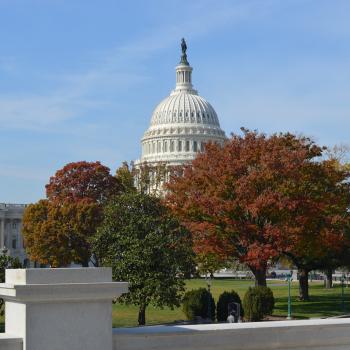Well, while the posturing and clashing over what special counsel Robert Mueller’s report may or may not of said rages, has anybody bothered to ask those investigators who were in the trenches with him for the past several years?
It would seem that those who worked on and contributed to the report may have some insight as to what went into the final report.
Fortunately for us, The New York Times has done the footwork, touched base with some of those investigators, and they’re talking.
So do they share the same attitude as was expressed in Attorney General William Barr’s brief, 4 page summary?
For those who still need to catch up, the final special counsel report was turned in to the Justice Department on March 22.
The report is said to be somewhere between 300 and 400 pages. Barr, recently appointed and confirmed took a day or two before submitting to Congress 4 pages that said, in essence, “Nothing to see here. Move along.”
In reality, the 4 pages suggest that there was not enough there to bring charges against the president for conspiring with a foreign power during the 2016 election.
It didn’t say there was nothing, so the idea that Trump was fully exonerated just doesn’t wash.
As to the charge of obstruction, pretty much the same thing.
This is what we’ve been hearing about Mueller’s reported conclusion: His goal was to have Congress made the determination of what to do with his findings, per the usual protocol in these situations. It wasn’t Barr’s place to give such a brief, ambivalent summary. He was to clear it of anything that might pose a security risk, and then pass it on.
He chose not to do that, and the wording of his summary has only caused more confusion.
Barr has said a full accounting will be submitted by mid-April, but Democrats in Congress want to see the report now, without Barr’s filter.
Meanwhile, in this story from The New York Times on Wednesday, the aforementioned investigators suggest that Barr’s initial report not only did not accurately represent their work, but that what they actually uncovered over the past two years is more damaging to President Trump than his gleeful base has been led to believe.
The Times, citing government officials and others familiar with the matter, reported that members of the special counsel’s team have expressed concerns that Barr’s summary of their office’s findings helped solidify the views of the American public prior to the investigation’s conclusions being made public.
Investigators on Mueller’s team reportedly prepared summaries of their probe, and some feel that Barr should have included more information from their summaries in his own outline of the report’s findings. However, the Justice Department determined those summaries contained sensitive information that could not be released, according to two government officials who spoke to the Times.
And that’s valid. If there is a legitimate concern for some of the information that is included, of course you can’t simply release it. That doesn’t account for Barr’s attempts to whitewash the results of the report.
The officials and others did not fully explain to the Times why the investigators believe their findings are worse for the president than Barr indicated. It also is not clear how many of the 19 lawyers, approximately 40 FBI agents and other people on Mueller’s team share this sentiment about Barr’s summary.
It’s highly unlikely that they would give voice to exactly what has caused them alarm about how the report was handled. It suffices to say there were concerns.
Are we all on the same page? Some feel Barr wasn’t completely forthcoming with his assessment of their work.
Now the question remains: How do we get to the truth?










